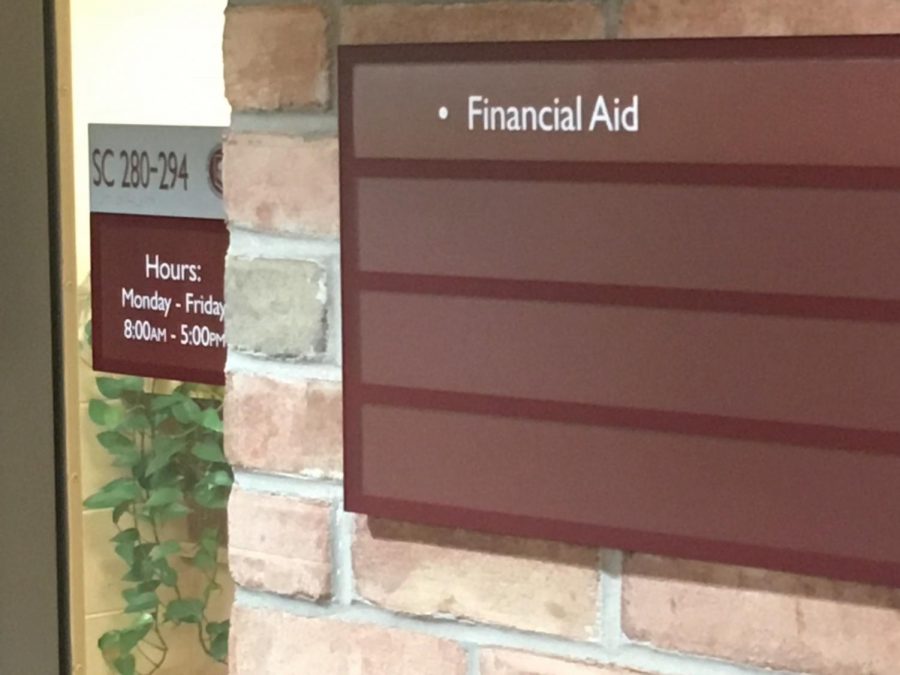Scholarship changes offer legroom to incoming students
The university has over $200 million invested.
The Calvin financial department has reduced the grade point average necessary for maintaining scholarships. The 2019 incoming class will only need to achieve a 2.0 for their first and sophomore year rather than a 3.0 GPA to keep the scholarships Calvin gives them, which was the prior requirement.
Their junior and senior year, however, students will have to maintain a 3.0 in order to maintain scholarships.
“… Academic scholarship amounts were raised substantially as was overall financial aid for students,” said Paul Witte, Calvin’s Director of Financial Aid. “With those amounts being raised and with higher GPA requirements came additional financial stress that we wanted softened for students, and so the GPA renewal requirement was also changed… Additionally, it also resulted in focusing our awards on high school performance in a better fashion.”
For some incoming students, the GPA change influenced their choice to attend Calvin.
“I came down to two choices: Wheaton and Calvin,” said freshman Nehem-Brainerd David. And there were other factors that drew me to Calvin… but the main reason I decided to come here was that Wheaton did not have as much financial aid…”
According to Witte, the decision to drop the GPA requirement for scholarship retention was made to remain competitive with Calvin’s peers, as other colleges have made use of a similar program.
“Each year, financial aid components and qualifications/criteria can change, adjust, be added, or be removed in an effort to better provide for students,” Witte explained. “Those changes are based on the college’s mission, goals and available resources. Most financial aid programs remain in place for the class year in which a student entered, though there are sometimes exceptions, again based on mission, goals, and available resources.”
Some upperclassmen have been supportive of the decision, despite the fact that they themselves did not receive the benefits.
“I think it’s a good idea,” said junior Logan Mansberger. “I think when we come to college we are all searching for meaning and purpose in some way… you’re trying to figure out how to do college… Everybody’s kind of learning it as they go, so I think [the scholarship money] gives people a chance to sort of figure it out and gives them a little bit of legroom, if you know what I mean.”
This article has been updated to clarify when students can hold a 2.0 and still receive scholarships. Chimes regrets the error.










Anna Lobbes • Oct 28, 2019 at 12:24 am
So incoming students don’t need to stress about keeping their gpa at a 3.0 but I do? I’m currently a junior at Calvin right now and I’ve just recently lost my academic scholarship as my gpa went down to a 2.8.
This needs to be extended to all current students at Calvin. If I could take advantage of this change I would be saving about $10,000 right now.
Now I get to still worry about my grades but I also get to worry about getting scammed into paying more money just because I decided to attend Calvin straight outta high school. I honestly hope that more students complain about this because this is ridiculous.
Thanks a bunch Calvin :^)
Karen Saupe • Oct 25, 2019 at 9:29 pm
I’m so relieved to see this change. I hope students can finally relax a little about the grades and focus on what they can learn.